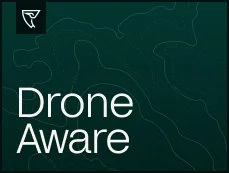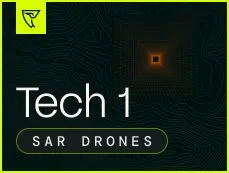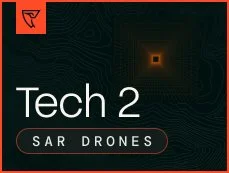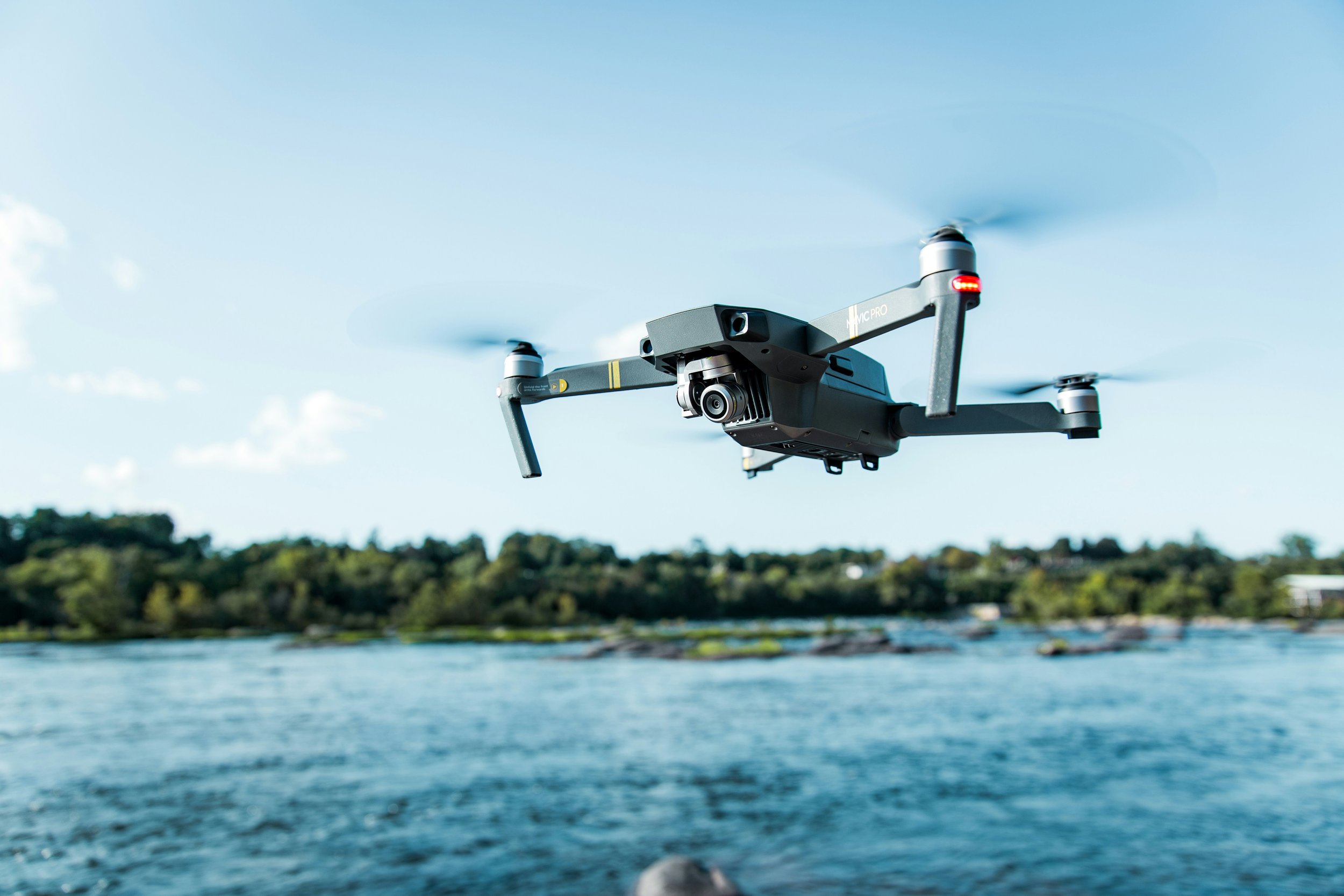
FlySmart’s new SAR Drone Training™ program offers the first-of-its-kind courses, designed to exceed NFPA 2400 Standards, EMCR Provincial Operating Guidelines, and Transport Canada Regulations. From foundational skills to advanced techniques, these courses equip Search & Rescue teams, first responders, and emergency managers with the expertise needed for drone-integrated missions. Elevate your operational readiness with expert training that sets a new standard in emergency response.
Search and Rescue Drone Technician Training
™
Drone Aware™
Duration: 2 Hours | Format: Online, Self-Paced | Cost: FREE
Drone Aware™ is the first introductory course designed to help emergency responders operate safely around drones in SAR operations. This course covers key applications, safe practices, effective communication, and realistic expectations for drone capabilities.
SAR Drone Tech 1™
Duration: 8 Hours | Format: Online, Self-Paced | Cost: $499
Designed for SAR teams launching their drone programs, SAR Drone Tech 1™ is the first self-paced course to provide comprehensive training in basic operations. Participants will learn fundamental safety, compliance, and operational protocols for daytime VLOS missions using RGB visual sensors.
SAR Drone Tech 2™
Duration: 16 Hours (2 Days) | Format: In-Person | Cost: $949
Designed for SAR teams advancing their drone programs. Participants gain essential skills for BVLOS and night operations, thermal imaging, advanced search patterns, and hazard assessments. Hands-on training with Nova covers thermal and colour analysis, mission planning, and more.


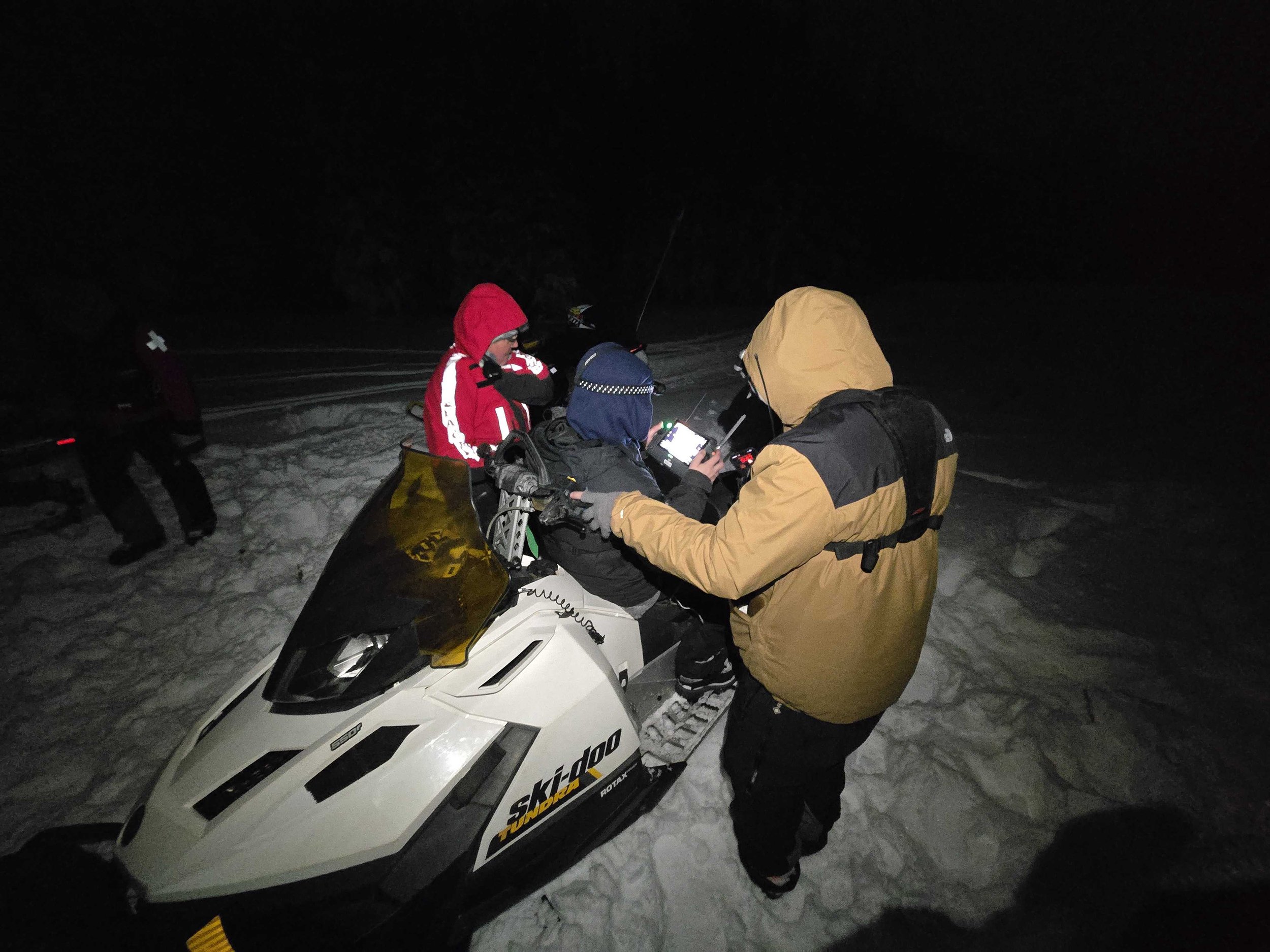
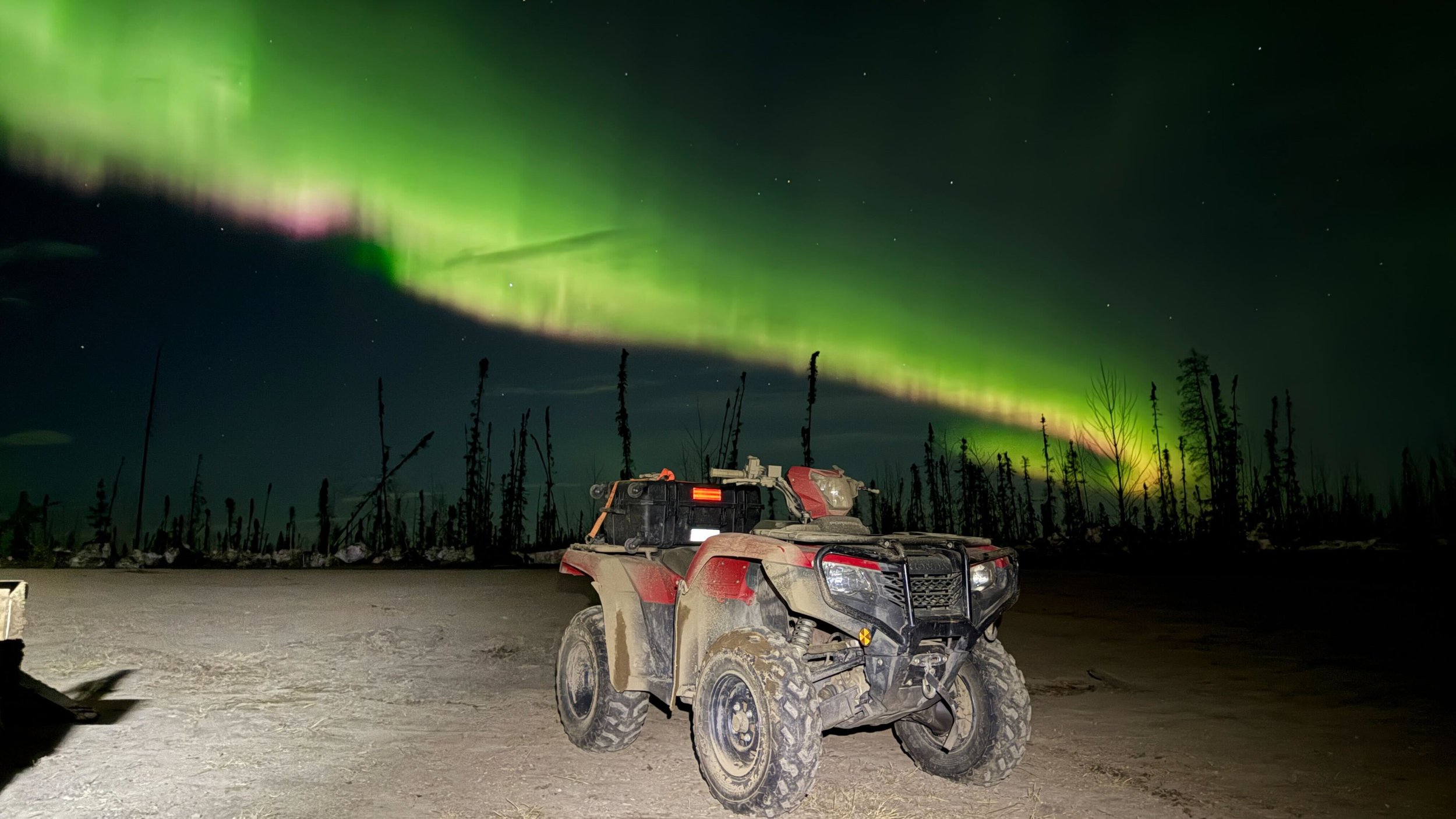


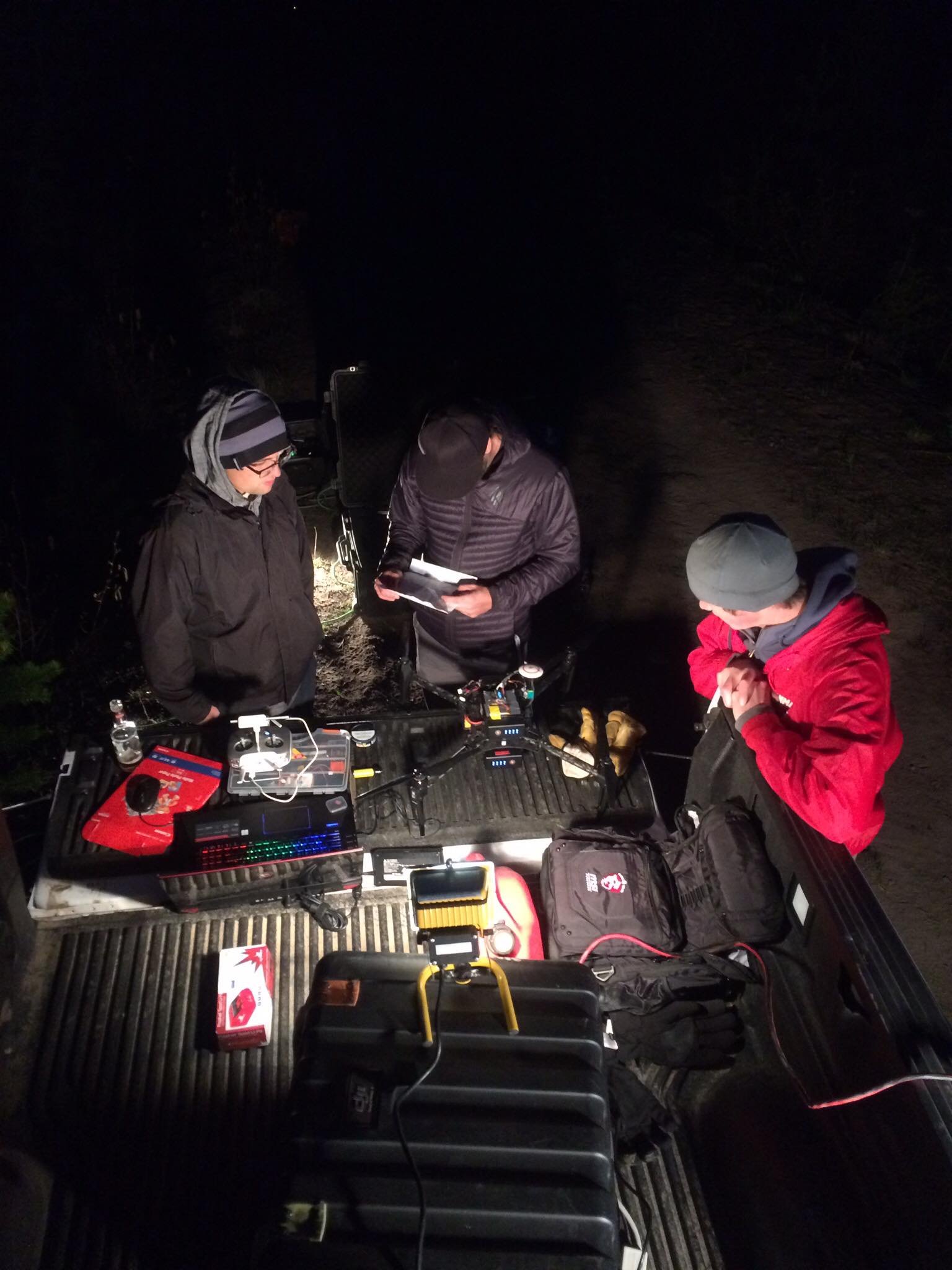
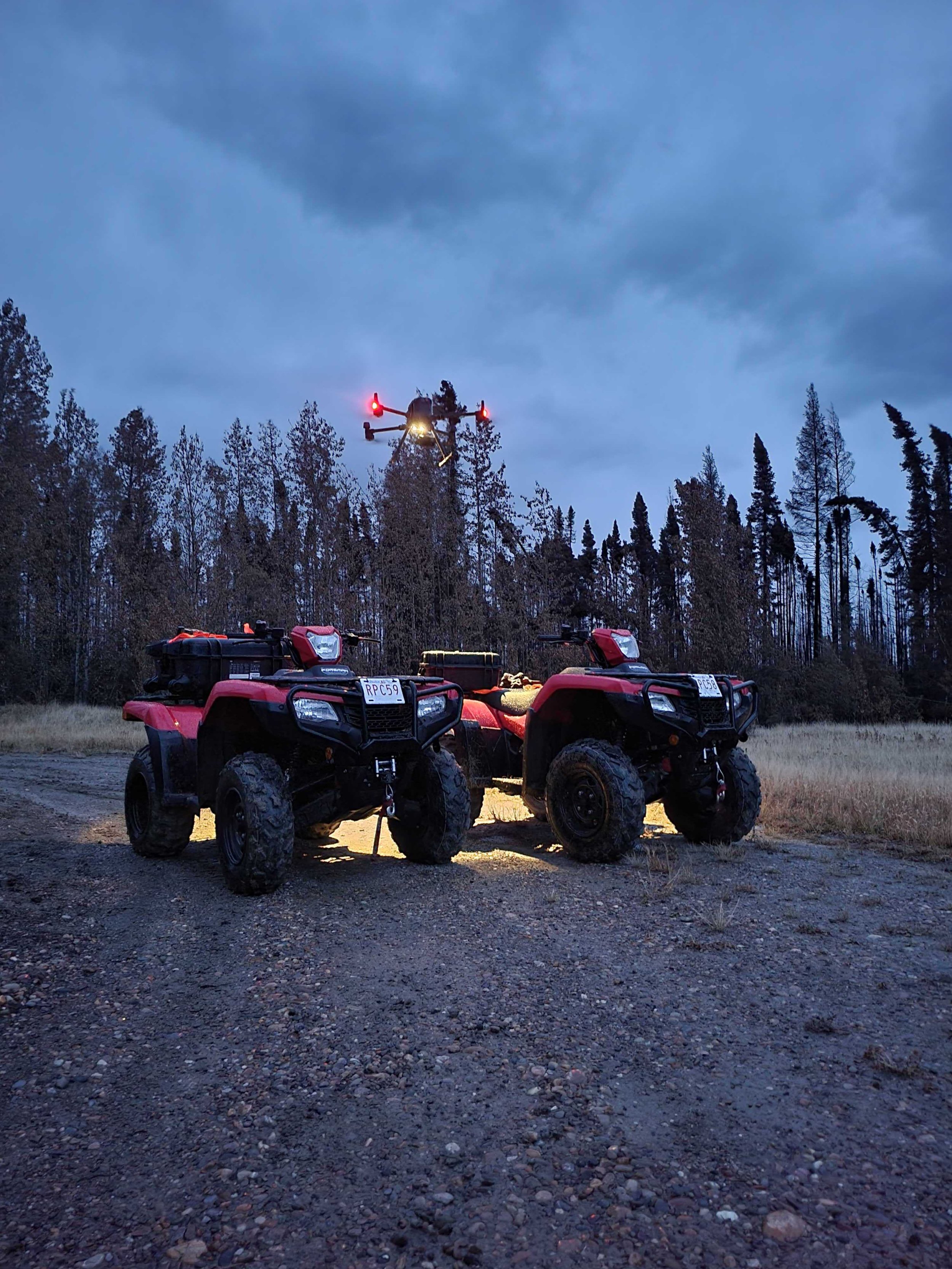
Why Choose FlySmart?
Built for Real-World Emergency Response
Our SAR Drone Technician Program is designed by emergency responders, for emergency responders. Developed from over 140 operational SAR deployments, each course is grounded in lived experience—ensuring that the training reflects the real demands of the field, not just theory.
Standards-Aligned & Mission-Ready
Our courses exceed the expectations of NFPA 2400, EMCR Provincial Operating Guidelines, and Transport Canada regulations. Whether you're integrating drones into your SAR team for the first time or expanding into BVLOS and thermal operations, we prepare you to meet compliance standards with confidence.
Fresh & Relevant Curriculum
From VLOS daytime missions to advanced thermal imaging and night operations, our training covers everything SAR teams need to deploy RPAS safely and effectively. Participants leave with practical tools, mission planning skills, and confidence to execute drone-supported searches and assessments.
Program Scalability & Team Empowerment
Whether you're launching a new SAR drone team or strengthening an existing one, our training supports the creation of mission-ready teams. With practical tools and scalable learning, you’ll build the confidence and capacity to lead successful operations.

